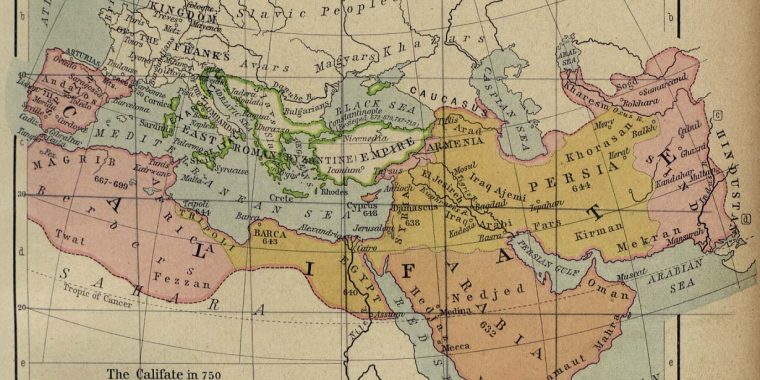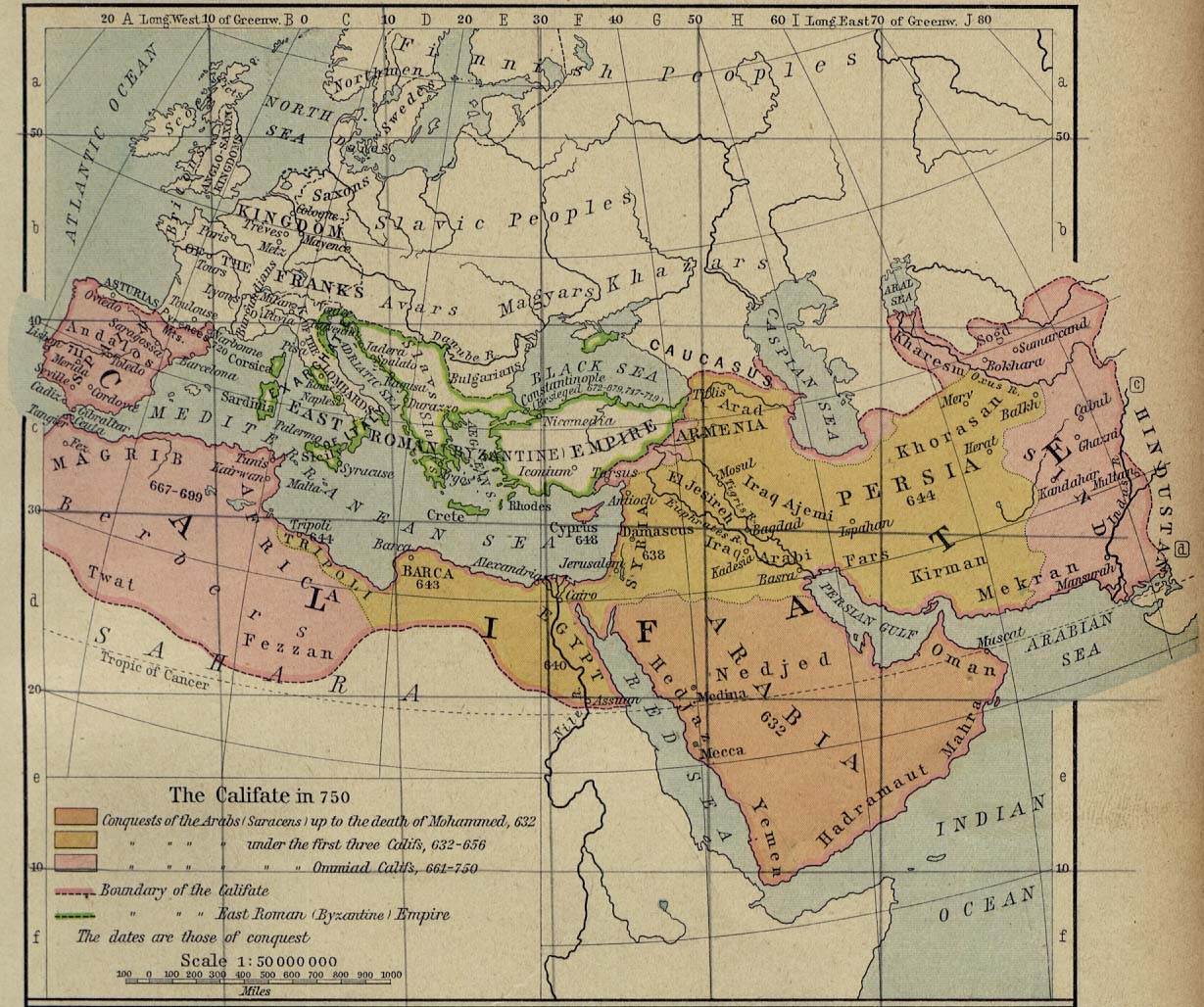
So Iraq is in turmoil, and a full-fledged sectarian conflict between Sunnis and Shiites looks imminent. Probably, USA will need to interfere yet again (there’s oil at stake, after all), and the inefficiency of Nouri al-Maliki’s rule has been exposed.
However, beyond all that, something else is worth discussing here. The message and motives of ISIS have clearly shown that they intend to restore the Caliphate, like it or not. This has sent the alarm bells ringing: Caliphate poses a threat to both Western hegemony in the region as well as the misrule of regional despots. Quite obviously, everyone is alarmed at the success of ISIS.
The fact that ISIS have shown a visible dislike for Shiite rule in Iraq further adds a new dimension to the age-old question: Sunni Caliphate or Shiite Imamate? Which one is better as a self-rule option for Muslims, and more importantly, for preserving the peace of the entire region?
Sunni Caliphate Versus Shiite Imamate
For centuries, Christendom tried to eliminate the Caliphate, and failed (miserably). However, towards the start of the Modern World, secular West did manage to remove the Caliphate. Years have passed since then, and most of the present-day Muslims too feel detached from the days of the Caliphate. Even though calls for restoration of Caliphate, be it by violent or peaceful means, are made every now and then (ISIS is a case in point), many Muslims don’t consider it as a viable option anymore.

Coming back to Iraq.
The recent conflict can be compared to the Iran-Iraq War. Back then, Iran viewed the conflict as the struggle of a religious Shiite state against a godless Arab Socialist regime of Saddam Hussein, whereas the latter projected the war as a by-product of the ever-expanding encroachment of Persians on Arab culture.
Yet, the times have changed. Back then, Sunnis were viewed by the West as a peaceful community, whereas Shiites were the fanatics who were chanting “Death to America! Death to Israel!”. Today, the Western climate seems pro-Shiite, and Sunnis are being viewed as the problem.
This sectarian conflict has historical roots. A tiny group of people believed that the Caliphate rightfully belonged to Ali, and it should not have gone to Abu Bakr, Umar and Usman. Having emerged as a matter of political disagreement, Shiism soon took the shape of a religious group within Islam, organizing itself under the doctrine of Imamah.
For Shiites, the Divine Imams are infallible and incorruptible. They can make no mistake and are immune to human flaws. In this regard, Shiite Imamate is comparable to the Catholic model of Pope — a supreme leader, who is above the flaws and faults of the world, and passes on the leadership sans the hysteria of mass elections.
As such, there is good room for democratic aspirations in the Sunni model of Caliphate: the Caliph is supposed to be guided by the interests of the common masses. Accountability to the people is a concept that is central to the idea of Sunni Caliphate. But this democratic spirit is absent in Shiite Imamate, which is based on absolute theocracy.
It must be noted, though, that the Ayatollahs are not Divine Imams themselves. According to Shiism, the last Divine Imam of Shiism, Mehndi, left this world back in the eighth century, and will be back when the time is right.
Appraisal
As is evident, Sunni Caliphate differs from Shiite Imamate in both ideological and practical terms. The former has potential for democratic reforms (of course, this does not mean ISIS will be keen on becoming a democratic body anytime soon), whereas the latter has a theocratic structure that offers unlimited socio-political powers to its Divine Imam.
All said and done, the concept of political leadership is just the tip of the iceberg, and both the sects have a lot of differences. Bloodshed and anarchy will help neither side, and this is where the role of both the Shiite and Sunni scholars becomes important. Caliphate and/or Imamate cannot be imposed by means of guns and bombs; consensus and civilized debates seem to be a much better option.
Islam is unique in the sense that it offers a good deal of personal and political freedom to its adherents, and both Sunnis and Shiites need to realize that political leadership can be discussed only when political unity has been achieved.
Featured Image: Wikimedia Commons